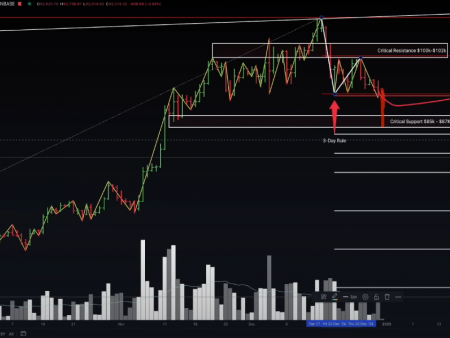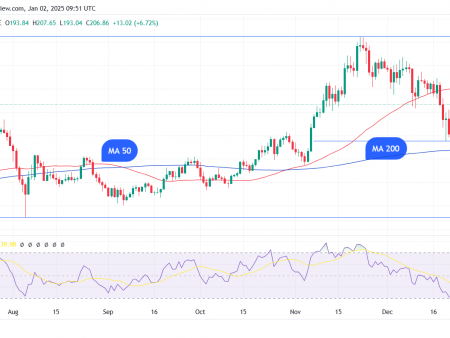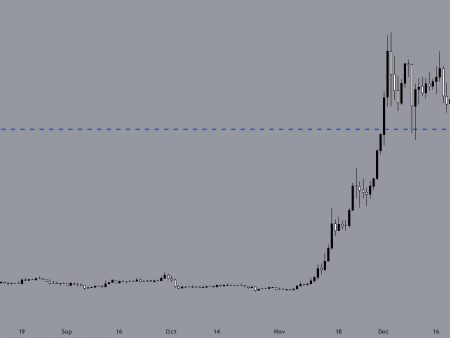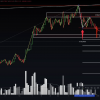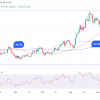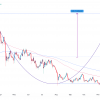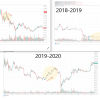
CZ Binance summary 2023
He reported his findings on Twitter(X):
Saw some debate in the community. When you do the right thing and there is FUD (fear, uncertainty and doubt), you don’t need to do anything. The community protects you.
Let me summarize. There has been a lot of negative news/rumors, customers fleeing the bank, lawsuits, fiat money channels closing, product cuts, employee turnover, exiting markets, and so on.
Guess what we don’t have?
No liquidity problems. All withdrawals (and deposits) are handled properly. All client funds are safe (#SAFU) and 100% backed up.
We also have: won court cases, managed customer flight from the bank, set record deposits, new channels for fiat funds, smooth closure of old products and launch of new products, new hires, new markets.
Binance probably also has the lowest turnover among founding teams among startups of our size and age in the world.
Saw some debates in the community. When you do the right thing, and there is FUD, you don't have to do anything. The community defends you.
— CZ 🔶 Binance (@cz_binance) September 7, 2023
Let me summarize. There have been a lot of negative news/rumors, bank runs, lawsuits, closing of fiat channels, product wind downs,…
A cryptocurrency exchange is an online platform where you can buy, sell, or trade cryptocurrencies like Bitcoin, Ethereum, and others.
Safety varies by exchange. Look for platforms with strong security measures, like two-factor authentication and cold storage for funds.
Consider factors like security, fees, available coins, user interface, and customer support.
Centralized exchanges are managed by a company, while decentralized exchanges operate without a central authority.
Many exchanges require Know Your Customer (KYC) verification for security and regulatory compliance.
Trading fees vary but typically include maker fees (for adding liquidity) and taker fees (for removing liquidity).
Yes, most exchanges offer cryptocurrency-to-cryptocurrency trading pairs.
Withdrawal times depend on the exchange and the cryptocurrency. Some are instant, while others may take hours or even days.
A wallet address is like a bank account number for cryptocurrencies. It’s required to send your crypto to the right place.
Yes, depending on your country’s tax laws, trading cryptocurrencies may have tax consequences. Consult a tax professional for guidance.
Yes, many cryptocurrency exchanges operate 24/7, allowing you to trade at any time.
A market order buys or sells at the current market price, while a limit order sets a specific price at which you want to buy or sell.
Yes, each exchange sets its own minimum and maximum trading limits, which can vary widely.
It’s not recommended. For security, it’s better to use a cryptocurrency wallet, especially for significant holdings.
Exchanges typically have account recovery processes, including password reset options and support for forgotten usernames.
Some exchanges offer insurance, but coverage can be limited. It’s essential to check an exchange’s insurance policy.
Use strong passwords, enable two-factor authentication, and be cautious of phishing scams and suspicious emails.
Yes, but it’s recommended to learn the basics of trading and understand the risks involved before you start.
Stablecoins are cryptocurrencies pegged to the value of a fiat currency like the US dollar. They provide stability and are commonly used for trading and transferring funds on exchanges.
Yes, regulations vary by country. Many countries have implemented or are considering regulations to govern cryptocurrency exchanges for consumer protection and financial stability.
